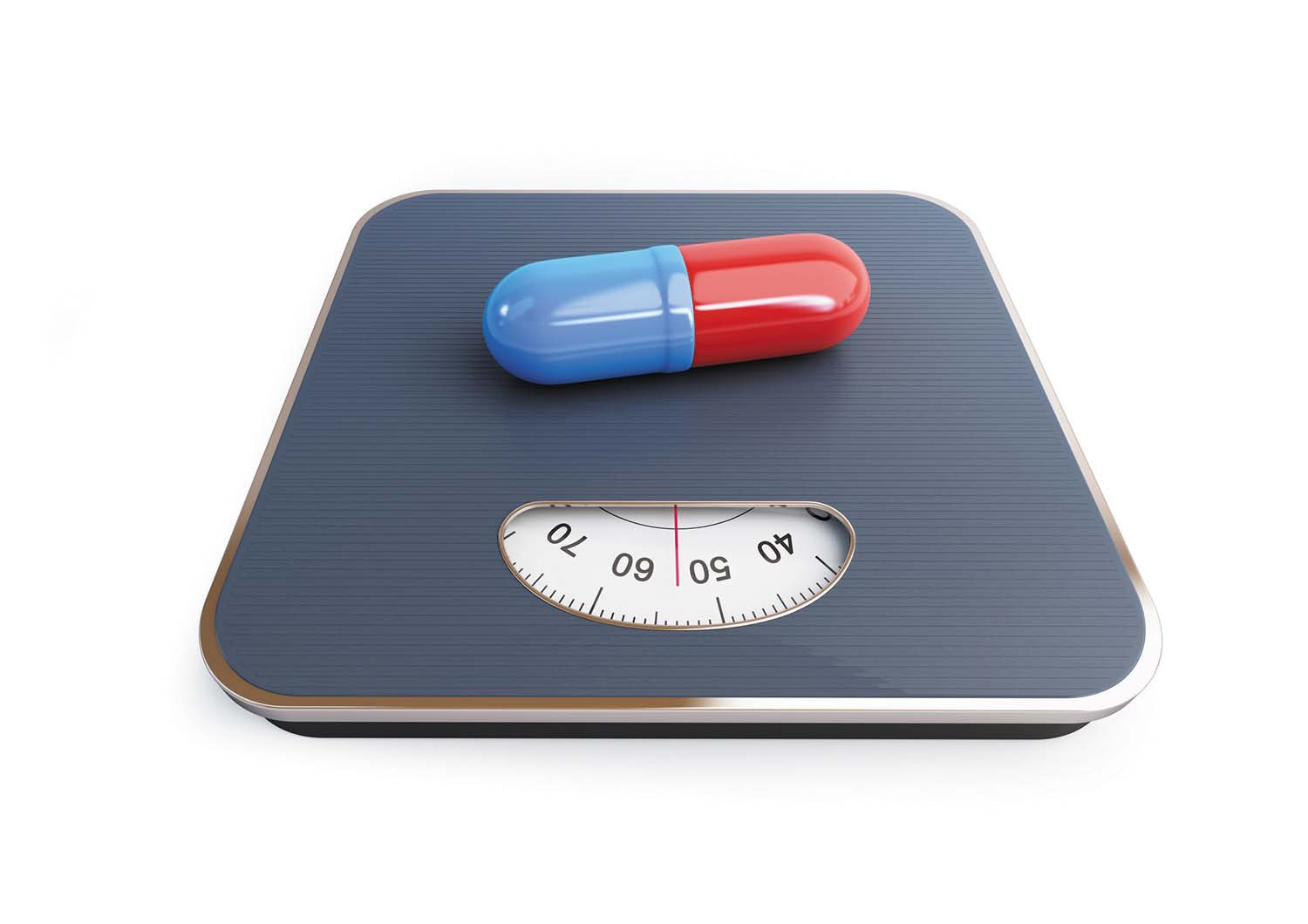
New thinking about plaque in arteries that feed the brain

Want to prevent shifting teeth? Maybe you need retainers

New evidence that polyphenol-rich foods help the heart

What you need to know about the new dietary guidelines

Food that’s healthier for people and planet can be cheaper, too

What are somatic workouts?

How to curb your stress eating

8 simple ways to reduce ultra-processed foods in your diet

How to spot Parkinson’s disease symptoms

Heart failure symptoms in women: How they’re different
Staying Healthy Archive
Articles
Can tongue scraping improve bad breath?
Scraping the tongue with a special tool or a spoon can improve bad breath by removing the white or yellowish coating on the tongue consisting of food debris, dead skin cells, and bacteria.
Why do medical guidelines change frequently?
Medical recommendations and guidelines, such as colon cancer screening, seem to change often. These contradictions in large part reflect different expert opinions based on the changing scientific information. Rely on your doctor to help determine how these changes may apply to you.
Health-savvy house hunting
When people house-hunt in their 50s and 60s, they should consider home features that enable them to age in place if they become less mobile. Such architectural details include fewer or no stairs, bright lighting, an open layout, cabinets that aren't too high, and bathrooms with step-in showers. Outside amenities are also important, including nearby health care facilities, stores, pharmacies, and parks. A vibrant community can expand people's social options and provide proximity to neighbors to call if needed.
Simpler way to test for true penicillin allergy
A 2023 study found that an oral penicillin challenge in a doctor's office provides a simple method of determining true penicillin allergy.
Do more for your core
A strong core serves as the foundation for upper- and lower-body movements. It helps maintain a healthy posture and prevents back injuries and falls. Like all muscles, the core muscles weaken as people age, so it's important for people to do core exercises on a regular basis. The best core exercises are movements that activate as many of the core muscles as possible at one time. Some examples include planks, diagonal chops, and deadbugs.
Understanding new weight-loss drugs
A newer class of medications used to treat type 2 diabetes called glucagon-like peptide-1 (GLP-1) receptor agonists has gained attention because of their impressive weight-loss results—in many cases, 10% to 20% of a person's body weight. Versions of two of these GLP-1 receptor agonists, liraglutide (Saxenda) and semaglutide (Wegovy), are FDA-approved for weight loss, even for people without diabetes. However, there isn't enough evidence to know whether these drugs might be beneficial or dangerous for people who are not diagnosed with diabetes or obesity.
Check out your skin
People should do a full-body skin check-up every three to six months to identify abnormalities that may be early signs of skin cancer or other skin problems. Write down the date of the self-exams, record any issues like new or questionable moles, sores, painful or itchy spots, raised or firm bumps, dark flaky patches, and unusual freckles. Include the exact locations of these skin issues and take photos for reference. After six to eight weeks, see a dermatologist if they have not improved, have changed color or size, have become painful, or easily bleed.
Cannabis use disorder may raise surgical risks
A 2023 study suggests that regular cannabis users have higher risks before, during, and after surgery, including the risk of heart attack, stroke, acute kidney injury, breathing difficulties, and blood clots.
Debunking common wellness myths
Many common wellness myths contain a grain of truth but are misleading over all. One wellness myth holds that being thin equates to being healthy, but people who are think can still be unhealthy. Another myth posits that detoxes and cleanses can help people be healthier, but these products don't help and can even be dangerous for some people. Another myth is that eating before bedtime leads to weight gain, but food choice matters more than timing.
Staying regular
"Regular" bowel movements can mean something different for each person. Some people have a bowel movement once or twice daily; for others, it's once or twice weekly. People should see a doctor if they notice a dramatic change in bowel habits or other symptoms, including fatigue, pain, unintended weight loss, bloody stool, or a change in stool consistency. People can promote digestion by maintaining a toileting schedule, heeding their body's signals, and using a toilet stool.

New thinking about plaque in arteries that feed the brain

Want to prevent shifting teeth? Maybe you need retainers

New evidence that polyphenol-rich foods help the heart

What you need to know about the new dietary guidelines

Food that’s healthier for people and planet can be cheaper, too

What are somatic workouts?

How to curb your stress eating

8 simple ways to reduce ultra-processed foods in your diet

How to spot Parkinson’s disease symptoms

Heart failure symptoms in women: How they’re different
Free Healthbeat Signup
Get the latest in health news delivered to your inbox!
Sign Up











